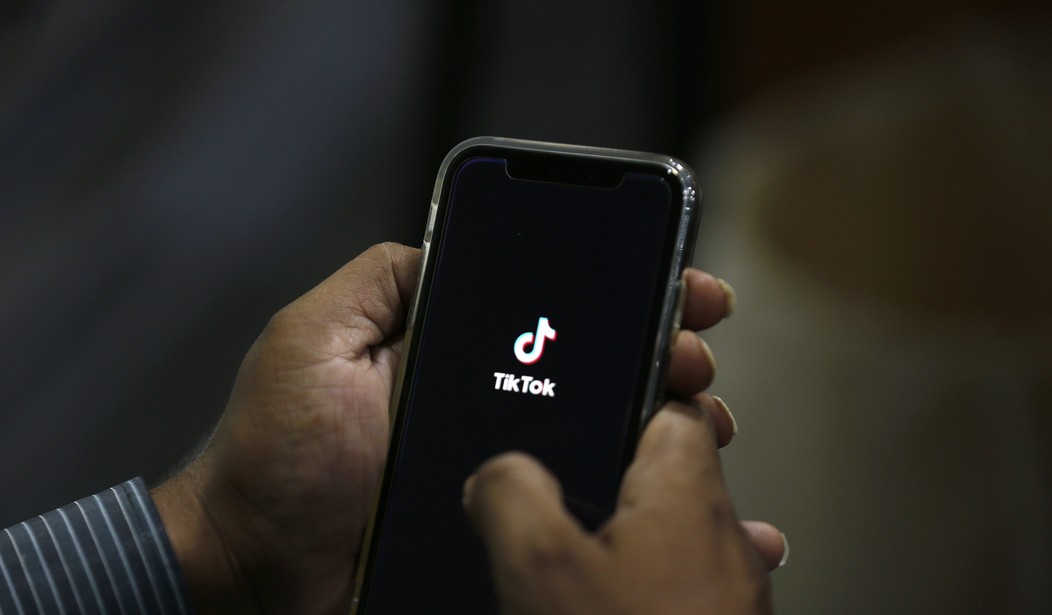In a significant and somewhat surprising move, President Biden signed a bill on Wednesday aimed at compelling TikTok's Chinese parent company, ByteDance, to divest from its U.S. operations or face the ominous threat of a nationwide ban. Despite his campaign embracing the platform and its ongoing engagement with influencers, his decision lays the groundwork for what could be a prolonged and contentious legal battle over the fate of one of the world's most popular social media platforms – especially among teens.
TikTok, in response, has vehemently declared its intent to fight against this measure, setting the stage for a clash between corporate interests, governmental authority, and the fundamental principles of free speech. Eventually the United States Supreme Court will have to decide and likely rule in favor of the First Amendment. If it comes to this, I will be working to file another Amici brief in support of Free Speech in the case.
The new law President Biden signed provides ByteDance with a nine-month window to arrange a sale, with the possibility of a 90-day extension should sufficient progress be demonstrated. However, failure to comply will result in TikTok's expulsion from major app stores, effectively rendering it inaccessible to millions of users throughout the United States. The platform has no real choice.
Proponents of the new law are arguing that the divestment requirement does not equate to a ban, citing the possibility of TikTok's continued operation under new ownership. However, the implicit threat of a ban if ByteDance fails to comply reveals the coercive nature of these measures. It also raises concerns about the disproportionate exercise of governmental authority over minuscule security concerns.
At the heart of this debate and eventual court battle lies a fundamental question: to what extent should governmental authority be wielded to regulate social media platforms, especially when it intersects with issues of national security and individual freedoms? While acknowledging the legitimate concerns surrounding data privacy and security, the imposition of a ban on TikTok represents a potentially dangerous precedent that could undermine the principles of free expression enshrined in the First Amendment.
Recommended
The current ban on TikTok for federal devices may be viewed as a reasonable precaution, particularly considering data security concerns and China’s history of spying. However, extending such restrictions to the broader public, without adequate safeguards and considerations for individual autonomy, raises significant questions about governmental overreach and the erosion of our digital rights.
Former President Trump's wavering stance on the TikTok ban, driven by political calculations and concerns over corporate dominance, further underscores the complex interplay between political interests and constitutional principles. However, irrespective of political motivations, the potential consequences of this legislation on individual liberties cannot be ignored. Perhaps TikTok should just wait until after the election and roll the dice.
While acknowledging the risks associated with foreign influence and data exploitation, it is essential to strike a balance between security and the preservation of free speech and individual liberties. The United States has long prided itself on its commitment to protecting citizens' rights to express themselves freely, even in the face of competing governmental interests.
Considering the popularity of TikTok among Americans, particularly young people, it is crucial to recognize the platform's role as a space for free expression and cultural exchange over a virtual border.
The potential for government overreach in restricting access to social media platforms poses a significant threat to our constitutional principles. Granting authorities unchecked power to regulate speech under the guise of national security could set a dangerous precedent, paving the way for censorship and suppression of dissenting voices.
Ultimately, the debate surrounding TikTok's ownership and access underscores the complex interplay between national security concerns, individual freedoms, and corporate responsibility. While addressing legitimate security threats is paramount, any measures taken must be carefully balanced against the broader principles of free speech and due process.
The proposed solutions risk undermining the very freedoms they purport to protect. Rather than resorting to bans and coercive measures, policymakers and the technology sector should explore more nuanced approaches that safeguard both national security and individual liberties. Failure to do so risks compromising the fabric of our republic and the fundamental rights upon which it is built. As such, the battle for TikTok's future is not merely about a single platform but about the preservation of digital rights and the protection of free expression in the digital age.

























Join the conversation as a VIP Member